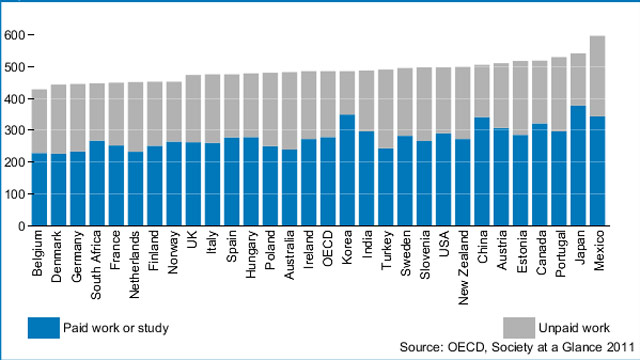- China appears to have achieved that goal: Initial census results released Thursday show China's population, the world's largest, rose to 1.34 billion as of last year, from 1.27 billion in 2000. That puts average annual growth at 0.57% over the decade, down from 1.07% in 1990-2000.
The census, conducted last year, also shows that people over the age of 60 now account for 13.3% of China's population, compared to 10.3% in 2000. And the reserve of future workers has dwindled: People under 14 now make up 16.6% of the population, down from 23% 10 years ago. - The number of workers aged 20-to-24 is already declining due to the lower birth rate two decades ago and a rise in the number of young people seeking higher education. China's traditional preference for boys also means the nation now has about 120 males for every 100 females. By 2020 China could be home to as many as 24 million single young men with little prospect of marrying or having their own children.

http://online.wsj.com/article/SB10001424052748704463804576291010133986864.html

















